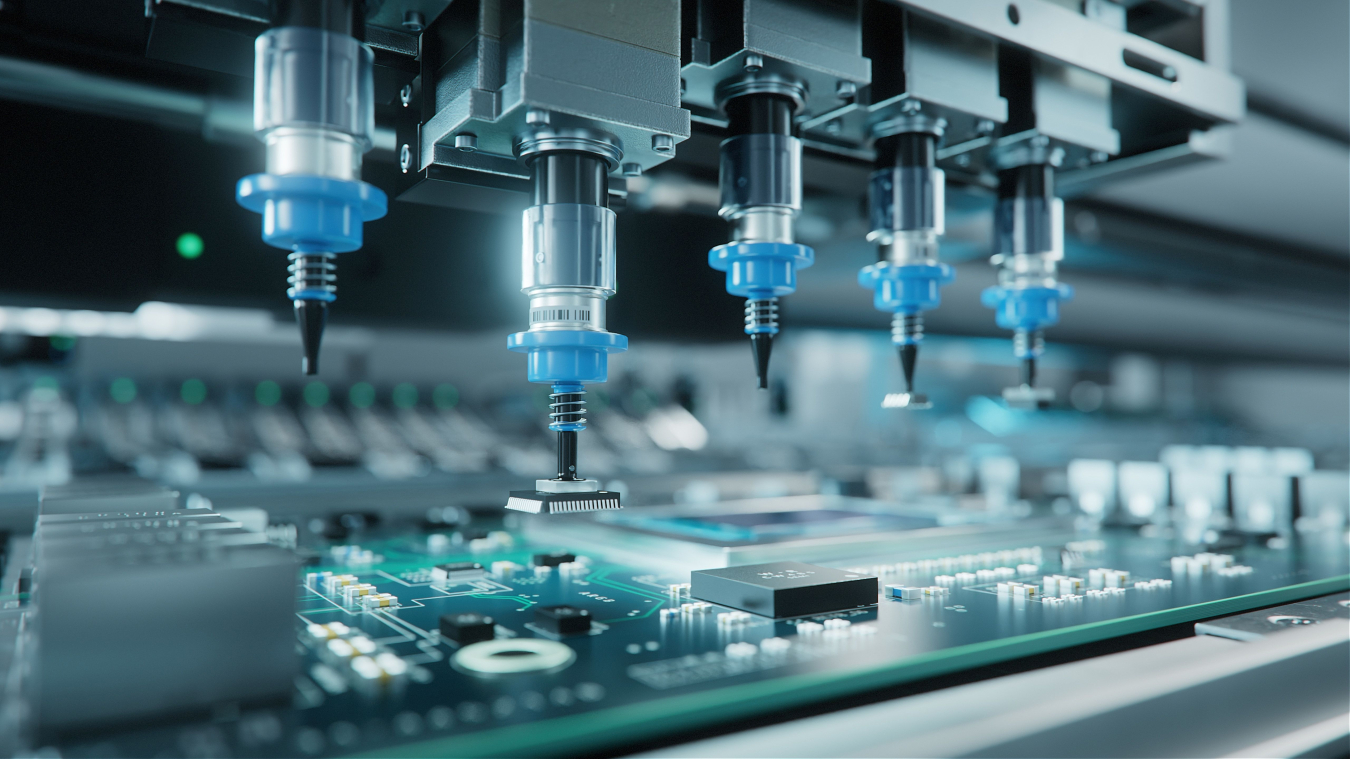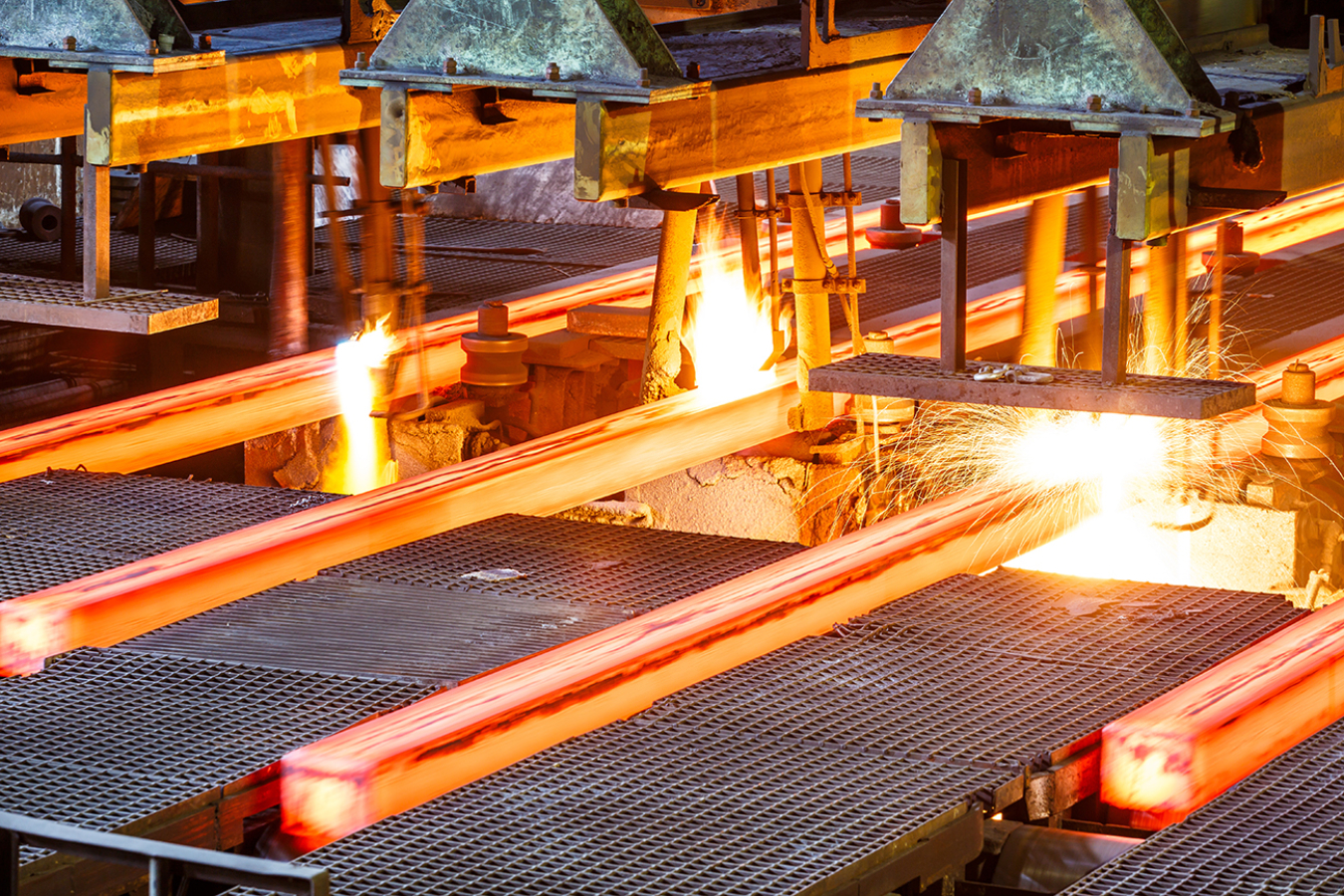The Impact
Industrial heating refers to the many methods by which heat is used to transform materials into useful products. Heat is used to remove moisture, separate chemicals, create steam, treat metals, melt plastics, and much more. Industrial heating accounts for about 9% of the entire U.S. emissions footprint and nearly half of the energy-related emissions that the manufacturing sector creates. The Industrial Heat Shot will unlock innovation and spur the development of cost-competitive technologies to reduce emissions from industrial heating.
This achievement would put the American industrial sector on course to reduce its carbon-equivalent emissions by 575 million metric tons by 2050, which is roughly equal to the emissions generated by all passenger cars on the road in 2020.
The Industrial Heat Shot supports DOE’s overarching goal to fully decarbonize the industrial sector by 2050, as detailed in DOE’s Industrial Decarbonization Roadmap. The Roadmap emphasizes the urgency of deep decarbonization across the industrial sector and presents a staged research, development, and demonstration agenda for industry and government that will deliver the technologies needed to dramatically reduce emissions, increase American manufacturing competitiveness, and create high-quality jobs.
DOE hosted a webinar to provide background information on the Industrial Heat Shot and outlined how DOE will work with industry, academia, and the U.S. national laboratories on research, development, demonstration, and deployment of technologies to decarbonize industrial heat.
Earthshots Initiative
The climate crisis calls for a different kind of moonshot. Energy Earthshots will accelerate breakthroughs of more abundant, affordable, and reliable clean energy solutions within the decade. They will drive the major innovation breakthroughs that we know we must achieve to solve the climate crisis, reach our 2050 net-zero carbon goals, and create the jobs of the new clean energy economy. The Energy Earthshots target the remaining solution points of the most challenging technical problems across our energy economy.
Highlights
Press Releases
From Our Blogs
-

- Industrial Decarbonization Technologies
- Industrial Heat Shot
- Industrial Heat Shot
- Industrial Heat Shot
- Industrial Heat Shot
March 15, 2023


